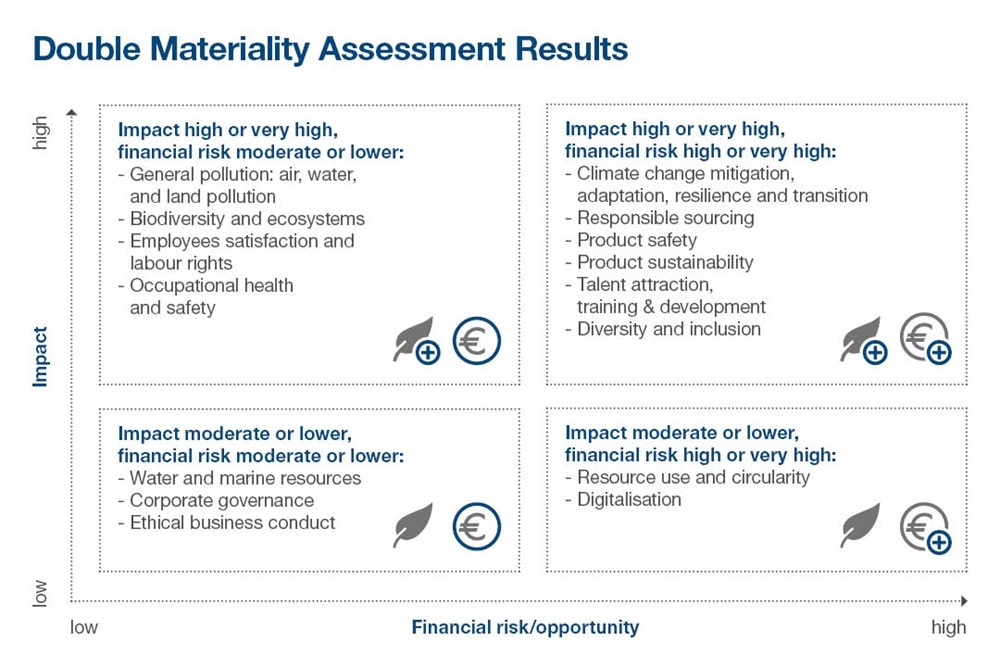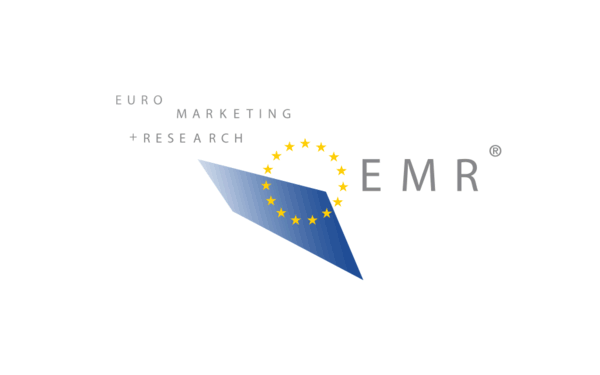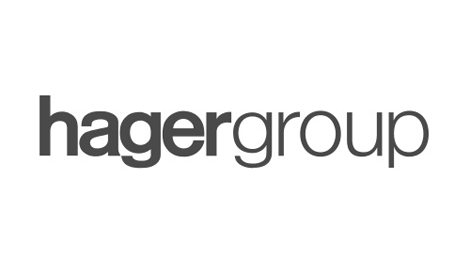Hager – Double materiality analysis underpins Hager Group’s sustainability strategy
 Climate protection, sustainable sourcing and employee development: these are some of the key issues on which Hager Group has a major influence.
Climate protection, sustainable sourcing and employee development: these are some of the key issues on which Hager Group has a major influence.
At the same time, the Group’s corporate success is highly dependent on these issues. This was shown in the Group’s first double materiality assessment.
As part of the preparations for its first sustainability report, Hager Group conducted a double materiality analysis. This makes it one of the few companies in the electrical sector to have taken on this challenge.
The analysis identifies the sustainability issues that are particularly relevant to the Hager Group and assesses them in terms of their risk. Financial aspects play a role in the analysis, as do image or other non-financial aspects.
The results are an important basis for the further development of the Hager Group’s sustainability strategy. They help to set the right priorities. The sustainability strategy comprises the three areas of environment, ethics and employees. Aspects of these three pillars can also be found in the results of the double materiality analysis.
Key findings from the double materiality analysis
In order to filter out the most important sustainability aspects, the Hager Group held discussions with external and internal stakeholders. On the external side, these include customers or institutions. Internally, they include the Management Board, the Sustainability Council or the sales organisation. The results were evaluated in a matrix with regard to two criteria:
1. What kind of impact does Hager Group have on the society and the environment?
2. How high is the financial risks & opportunities for the company?
The most important areas for the Hager Group are listed below. Here, the Hager Group has a major influence and the financial risk is particularly high.

Climate action plan
The analysis showed that sustainable products and climate action play a very important role for both internal and external stakeholders. External stakeholders in particular hope that the Hager Group will take a leading role in this area.
The Hager Group already provides an answer to this in its sustainability strategy E3. In the Environment pillar, it defines clear goals and roadmaps based on the Paris Agreement. Accordingly, they are aligned with the goal of limiting the average global warming to 1.5° Celsius.
For its targets and respective measure, the Hager Group received recognition from SBTi (Science Based Target Initiative). At the beginning of 2023, the SBTi approved Hager Group’s science based short-term goals for reducing its greenhouse gas emissions. Find more details here.
Sustainable sourcing
A sustainable and efficient supply chain ensures that human rights and environmental standards are respected within it. An important step towards improving global supply chains was taken with the Supply Chain Act introduced in Germany. It is intended to ensure greater transparency and thus protect human rights and the environment.
Fair and safe working conditions along the entire supply chain are also an important part of Hager Group’s sustainability strategy. There are binding guidelines for responsible sourcing for suppliers. In addition, the Hager Group is increasing its efforts to use more environmentally friendly materials to manufacture its products.
Employee recruitment and development
How can the right employees be found and retained? For Hager Group, a sustainable business is only possible if the company attracts people who feel at valued and appreciated at Hager Group and can fulfil their potential. In the Employees pillar, we define measures to
- promote cooperation between young and old
- ensure personal and professional development, and
- create safe and good working conditions.
Product safety
High quality standards and safe products lay the foundation for trust. For this reason, product safety is an integral part of Hager Group’s ethical business approach. With regular quality controls and audits, the Hager Group guarantees a high standard of quality and safety.
First Hager Group sustainability report to be published
The topics identified in the double materiality analysis are not only relevant for the company’s sustainability strategy. They also form the basis of sustainability reporting. The publication of Hager Group’s first sustainability report is planned for 2023.
Source
Hager Group
EMR Analysis
More information on Hager: See the full profile on EMR Executive Services
More information on Daniel Hager (CEO, Hager Group): See the full profile on EMR Executive Services
More information on the Hager Sustainability Strategy E3: See the full profile on EMR Executive Services + https://hagergroup.com/en/sustainability
More information on The Science Based Targets initiative (SBTi): https://sciencebasedtargets.org/ + The Science Based Targets initiative (SBTi) is a global body enabling businesses to set ambitious emissions reductions targets in line with the latest climate science. It is focused on accelerating companies across the world to halve emissions before 2030 and achieve net-zero emissions before 2050.
The initiative is a collaboration between CDP, the United Nations Global Compact, World Resources Institute (WRI) and the World Wide Fund for Nature (WWF) and one of the We Mean Business Coalition commitments. The SBTi defines and promotes best practice in science-based target setting, offers resources and guidance to reduce barriers to adoption, and independently assesses and approves companies’ targets.
More information on the German Supply Chain Act (LkSG): https://www.gesetze-im-internet.de/lksg/ + The LkSG is the first major piece of human rights and environmental due diligence (HREDD) legislation to seriously implement the provisions of the United Nations Guiding Principles on Business and Human Rights (UNGPs) and OECD Guidelines for Multinational Enterprises.
The LkSG requests companies to implement a risk analysis with regard to their own business activities and business relationships along the supply chain. Companies must ensure that someone in the company is responsible for monitoring human rights risks, e.g. by appointing a human rights officer.2
The new German “Act on Corporate Due Diligence to Prevent Human Rights Violations in Supply Chains” (Supply Chain Due Diligence Act – German: Lieferkettensorgfaltspflichtengesetz, short: “LkSG”), more commonly known as the German Supply Chain Act, imposes extensive new obligations on companies with regard to human rights along the supply chain, the so-called “due diligence obligations”. The LkSG is effective as of 1 January 2023, and creates an urgent need for businesses. In order to meet the responsibility to protect human rights all along the supply chain, companies need to implement extensive compliance measures.

